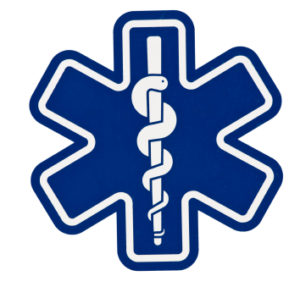 What happens to your medical records when you die? Who has access to them? How long are they retained?
What happens to your medical records when you die? Who has access to them? How long are they retained?
Why are we asking these questions? When someone dies, medical records can be important for several reasons:
1) If the decedent owned a life insurance policy, the insurance company may need the records when processing the death benefit.
2) If there is any question as to manner of the decedent’s death, the court will need the records.
3) Surviving family members can benefit from knowing an accurate family medical history.
Your medical records are kept by the hospital or doctor’s office, whether you are discharged or deceased. Either way, your records are kept for at least 5 years (depending on the state or specific office policy); they usually stay on site for about three years and then are shipped to a large storage site where they can be retrieved if needed.
More and more, of course, files are scanned and then kept in electronic form only; so the storage facilities end up being more of a “cloud” and not an actual place. The retrieval process remains the same. There is a form to fill out and submit requesting a copy of the records, similar to the one filled out for transferring medical records to a new doctor or clinic.
Who can ask for these records?
If the decedent died intestate, most providers will release records to the next of kin. Should complications arise (perhaps they refuse to release all medical records based on patient confidentiality), then a court order is necessary to obtain access.
So, as always, it makes life easier for those you leave behind if you HAVE A WILL. With a Will, you designate your personal representative (or executor), and this person will ultimately be given the power to access your records. By specifically nominating a person in your Will, you eliminate some of the red tape involved in settling your estate, which will make things smoother for everyone involved.
Your confidentiality rights do not end in death, however. You can control what records your surviving spouse or next of kin can have access to through your Health Care Directive. So if you want them to be able to have access to general medical records but perhaps not some earlier instances of hospitalization or medical procedures, you can state as such in your directive and your privacy will be respected.
A Health Care Directive is an easy way to simplify much of the anxiety and bureaucracy of dealing with records and health care providers. Consider filling one out; there is a free one provided on this site. It’s not complicated and it will make a big difference in the long run.

One thought on “The 411 on Medical Records”
Comments are closed.